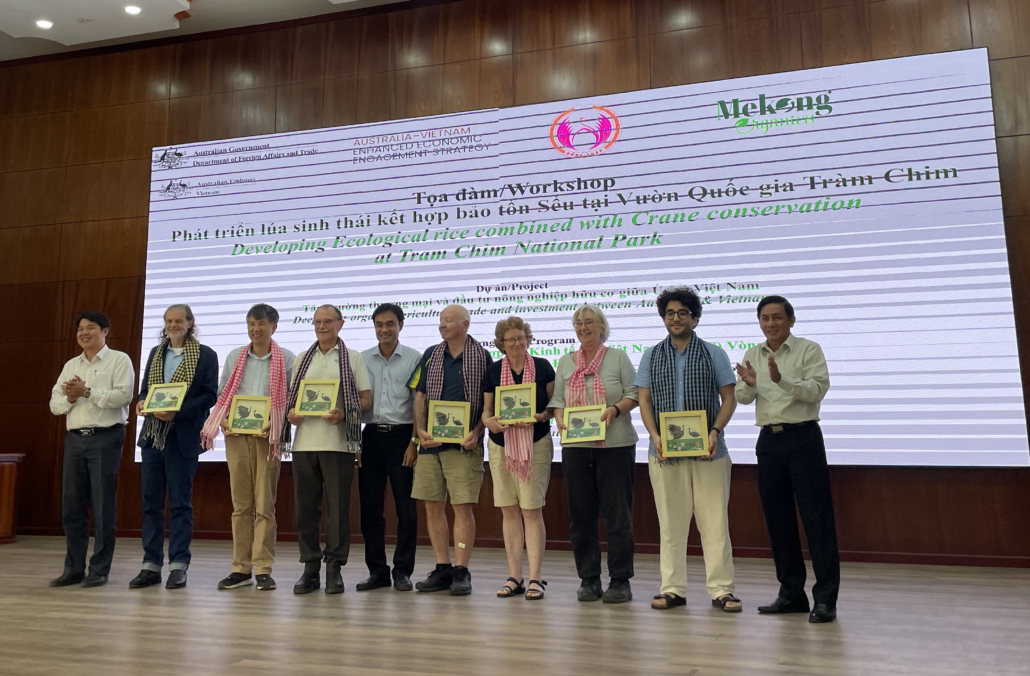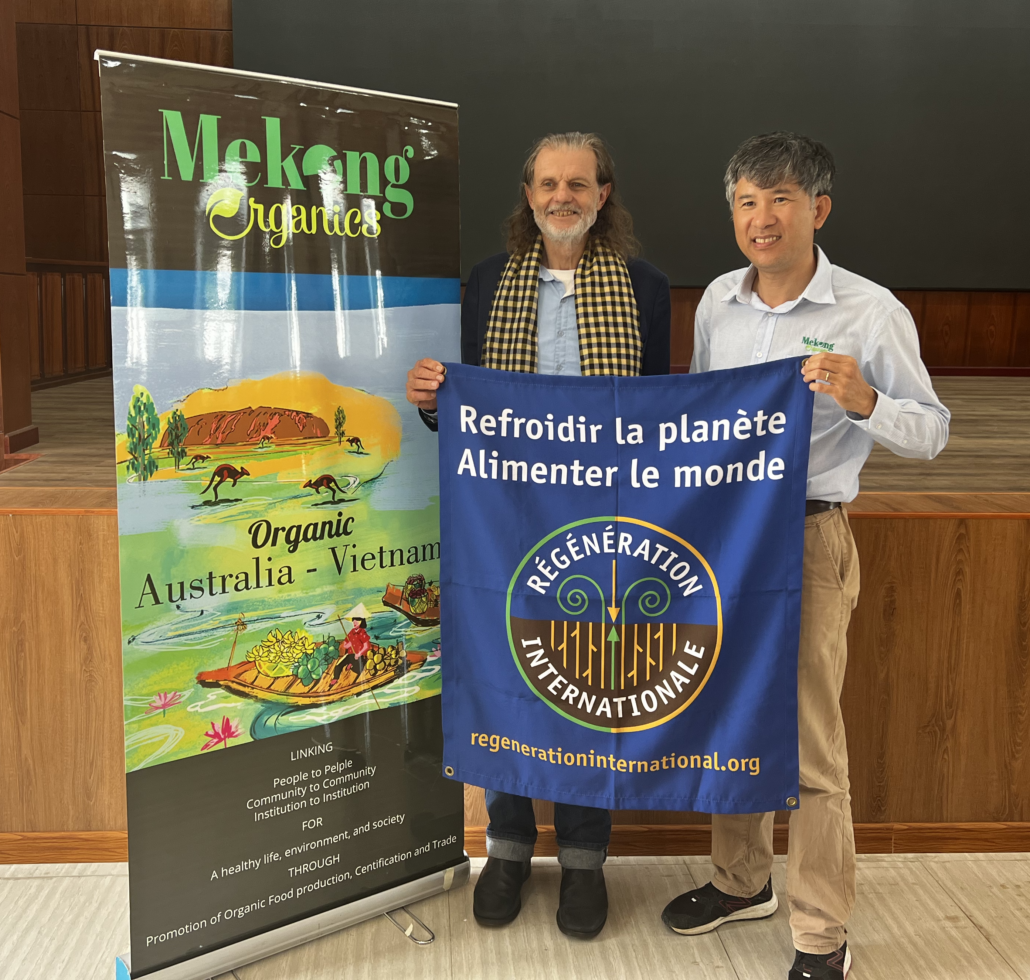Declaración Conjunta en defensa de nuestra biodiversidad, semillas y libertad alimentaria: Resistiendo al Imperialismo de los OGM
Defensa de nuestra soberanía alimentaria y de las semillas
Las semillas son el primer punto en la cadena alimentaria. Constituyen nuestra herencia y albergan la futura evolución de la vida. Es nuestro deber y responsabilidad proteger nuestras semillas y heredarlas a las generaciones futuras. El cultivo de semillas y su libre intercambio entre agricultores han sido la base del mantenimiento de la biodiversidad y de nuestra seguridad alimentaria.
Hoy en día, nuestra soberanía sobre las semillas se ve amenazada por los derechos de propiedad intelectual y las nuevas tecnologías de organismos genéticamente modificados (OGM) que han transformado las semillas de un bien común compartido por los agricultores a una mercancía bajo el control y monopolio de las corporaciones agroindustriales. Tener control sobre las semillas es tener control sobre nuestras vidas, nuestra alimentación y nuestra libertad.
En las últimas décadas, los cultivos transgénicos se han impuesto en países de todo el mundo, promocionados como solución a la inseguridad alimentaria y la crisis de malnutrición. Sin embargo, el hambre, las enfermedades y la malnutrición han aumentado, mientras que la biodiversidad ha disminuido y las toxinas se han propagado. El imperialismo de los OGM ha destruido las vidas y los medios de subsistencia de los pequeños agricultores y la biodiversidad en los centros de origen. Estos centros de origen de la biodiversidad son las cunas del suministro alimentario mundial y la protección contra plagas, desafíos climáticos, desastres naturales u otros obstáculos para la producción de alimentos.
En México, que es el centro de origen del maíz, al igual que en otros centros de biodiversidad, ha habido una larga lucha por parte de la sociedad y comunidades organizadas contra este imperialismo de OGM que amenaza la subsistencia y la cultura de los pueblos originarios. Hasta la fecha, la sociedad mexicana ha logrado una prohibición del cultivo de maíz transgénico en México a través de una demanda colectiva presentada contra las empresas Bayer-Monsanto, Syngenta y Corteva Agriscience. Esta prohibición sigue vigente.
Recientemente, el gobierno mexicano emitió un decreto que propone la prohibición gradual del uso de glifosato y el uso de maíz transgénico en tortillas, un alimento básico. Los OGM comprometen el acceso a alimentos saludables, sostenibles y culturalmente apropiados libres de organismos genéticamente modificados. Ante esta decisión, el gobierno de EE. UU., basándose en el Tratado entre México, Estados Unidos y Canadá (T-MEC), ha solicitado un panel de resolución de disputas para rechazar la orden.
México es el protector de la diversidad biocultural desarrollada a lo largo de milenios y compartida por los campesinos de todo el mundo. Por lo tanto, México necesita urgentemente nuestro apoyo y solidaridad frente a este imperialismo de OGM.
En todo el mundo, los ciudadanos se están levantando contra la imposición no científica, antidemocrática y antiecológica de los OGM por parte de las corporaciones y el gobierno de EE. UU.
Las gigantes agroindustriales y biotecnológicas están intentando eludir las regulaciones de bioseguridad al hacer cambios silenciosos en la regulación de los OGM en todo el mundo, con el objetivo de promover estos nuevos OGM bajo nuevos acrónimos, como Técnicas de Mejora Nueva (NBT), Nuevas Técnicas Genómicas (NGT) o Técnicas de Asistencia a la Evolución (TEAs). Estos nuevos OGM se están incorporando silenciosamente a la legislación agrícola existente de diferentes países, con el objetivo de seguir teniendo monopolios de patentes en manos de las grandes corporaciones químicas y biotecnológicas.


